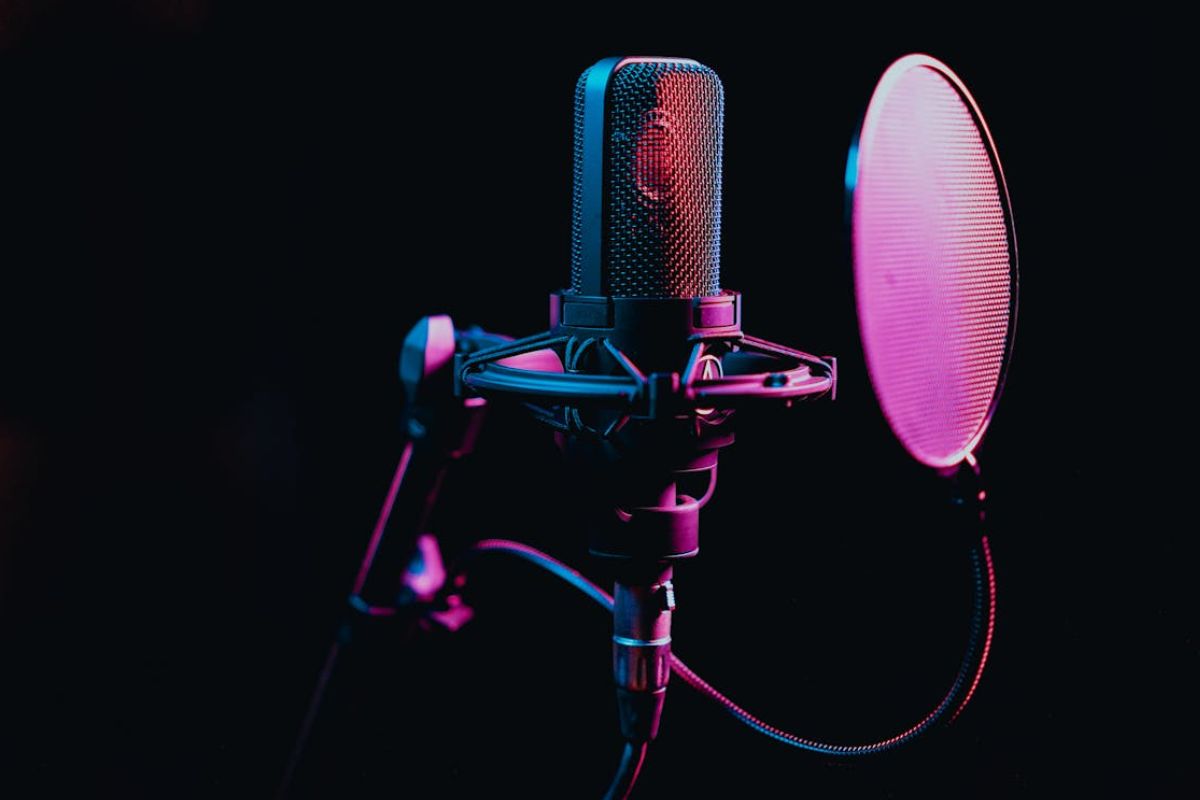In today’s digital landscape, the music industry is more accessible than ever, but with that, accessibility comes fierce competition. Streaming music artists are battling for attention in a world where millions of songs are just a click away. So, how can you break through the noise and make your mark? The answer lies in strategy, creativity, and authentic connection with your audience.
Craft a Unique Musical Identity
Before diving into marketing tactics, start with what truly matters—your sound. What makes your music different from others in your genre? It is not just about creating good music; it is about crafting a signature style that resonates.
- Find you are Niche: Whether it is genre-bending tracks or a unique vocal style, embrace what sets you apart.
- Consistent Branding: Your cover art, social media profiles, and even the way you engage with fans should reflect your artistic identity.
Authenticity is key. Listeners are drawn to artists who are genuine, both in their music and how they present themselves.
Optimize Your Streaming Profiles
Think of your streaming profiles as your digital storefront. They should be polished, professional, and easy to navigate.
- High-Quality Cover Art: Eye-catching visuals can entice new listeners to click on your tracks.
- Compelling Bio: Write a short, engaging artist bio that tells your story and connects with fans.
- Organized Playlists: Curate your own playlists that include your songs alongside similar artists. This not only promotes your music but also positions you within a community of like-minded sounds.
Master the Art of Playlist Placement
Playlists are the lifeblood of music discovery on platforms like Spotify, Apple Music, and Deezer. Getting your tracks featured can exponentially boost your streams.
- Submit to Curated Playlists: Platforms like Spotify for Artists allow you to pitch your music directly to editorial playlists.
- Target Independent Curators: Do not overlook smaller, niche playlists—they often have highly engaged listeners.
- Collaborative Playlists: Partner with other artists to create playlists that showcase each other’s work.
Leverage Social Media Creatively
Streaming platforms might be where your music lives, but social media is where your brand thrives. Platforms like TikTok, Instagram Reels, and YouTube Shorts can propel songs to viral success.
- Share Behind-the-Scenes Content: Give fans a glimpse into your creative process.
- Engage with Your Audience: Respond to comments, create interactive polls, and ask for feedback.
- Use Trends Wisely: While hopping on trends can increase visibility, always ensure it aligns with your style.
Collaborate with Other Artists
Collaboration is a powerful way to expand your reach. By working with artists from different genres or backgrounds, you introduce your music to new audiences.
- Cross-Promotions: Feature each other’s tracks in playlists or social media shout outs.
- Joint Releases: A collaborative single can double your exposure, especially if both artists actively promote it.
- Virtual Performances: Host live-streamed concerts or jam sessions to showcase your chemistry and talent.
Consistency over Virility
While viral hits can catapult an artist to fame overnight, sustainable success comes from consistency. Regularly releasing new music, engaging with fans, and refining your craft ensures you are always growing, regardless of fleeting trends.
Wrapping Up
Standing out as a streaming music artist in today’s crowded market requires more than just talent. It is about building a unique identity, optimizing your digital presence, and fostering genuine connections with your audience. By embracing strategic playlist placement, creative social media engagement, and authentic collaborations, you will not only break through the noise but also create a lasting impact in the ever-evolving music industry.



